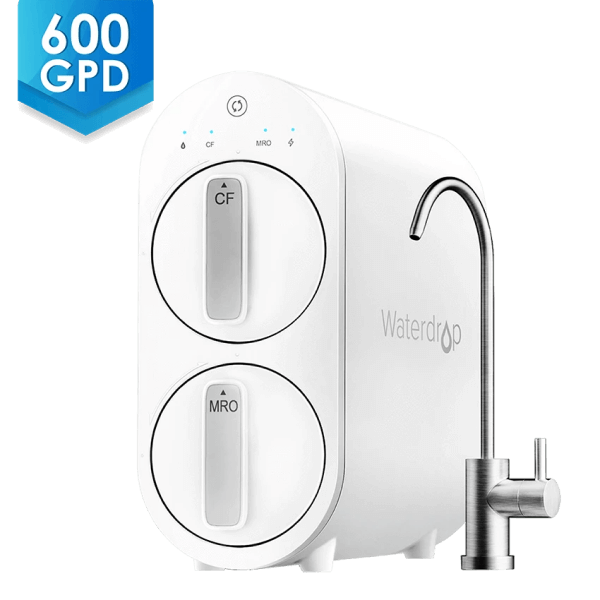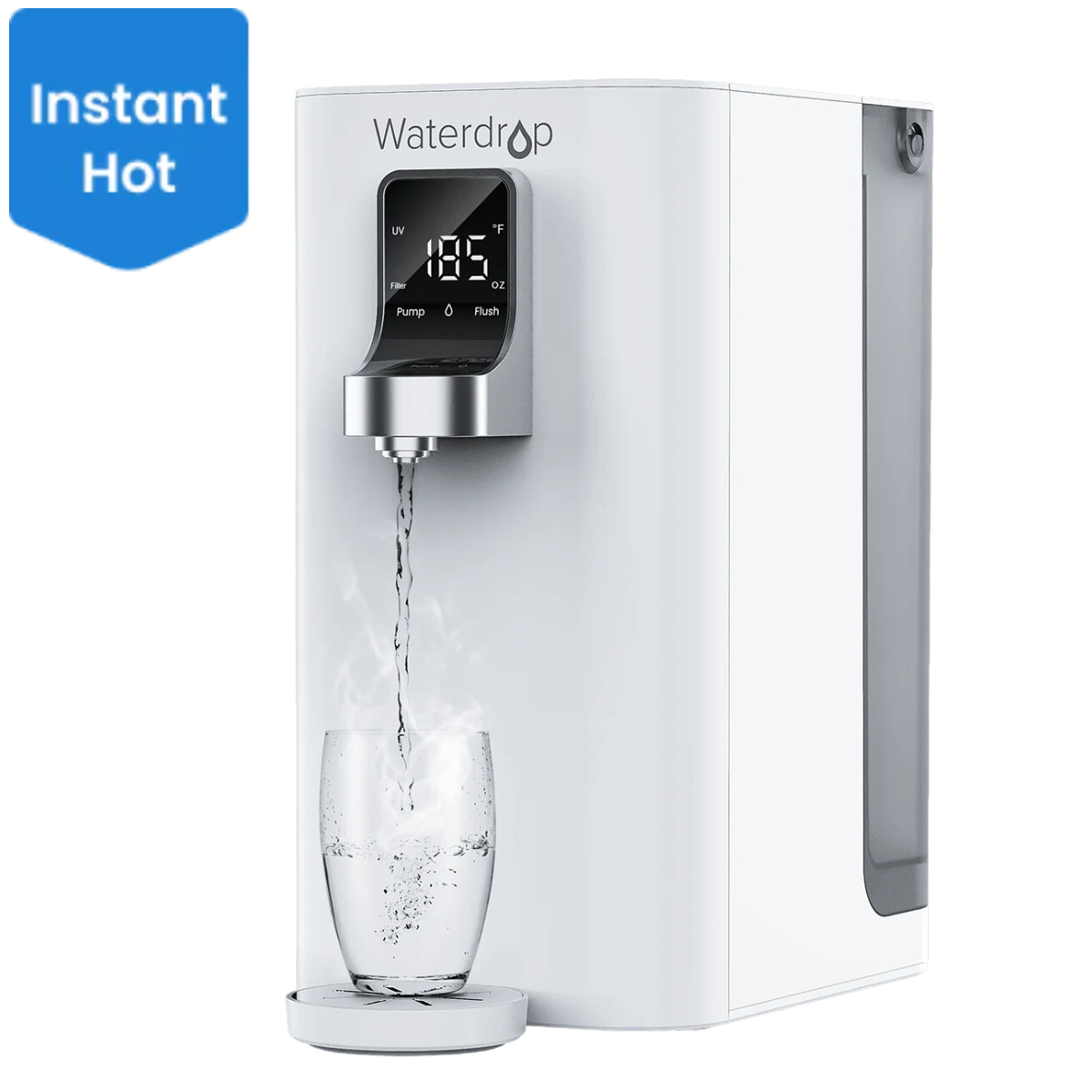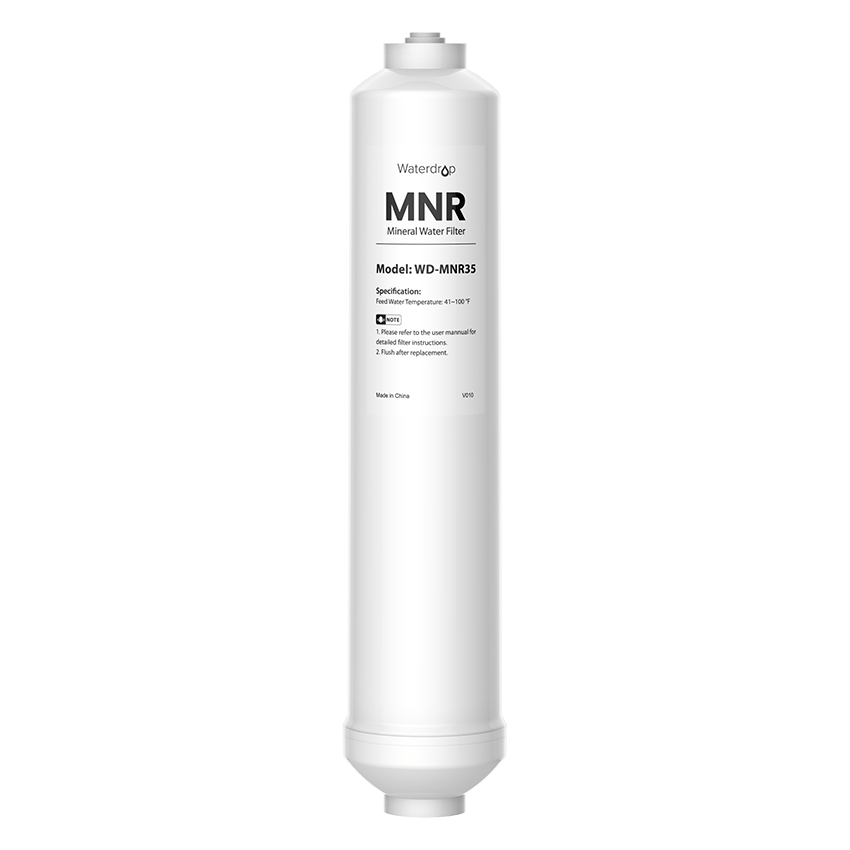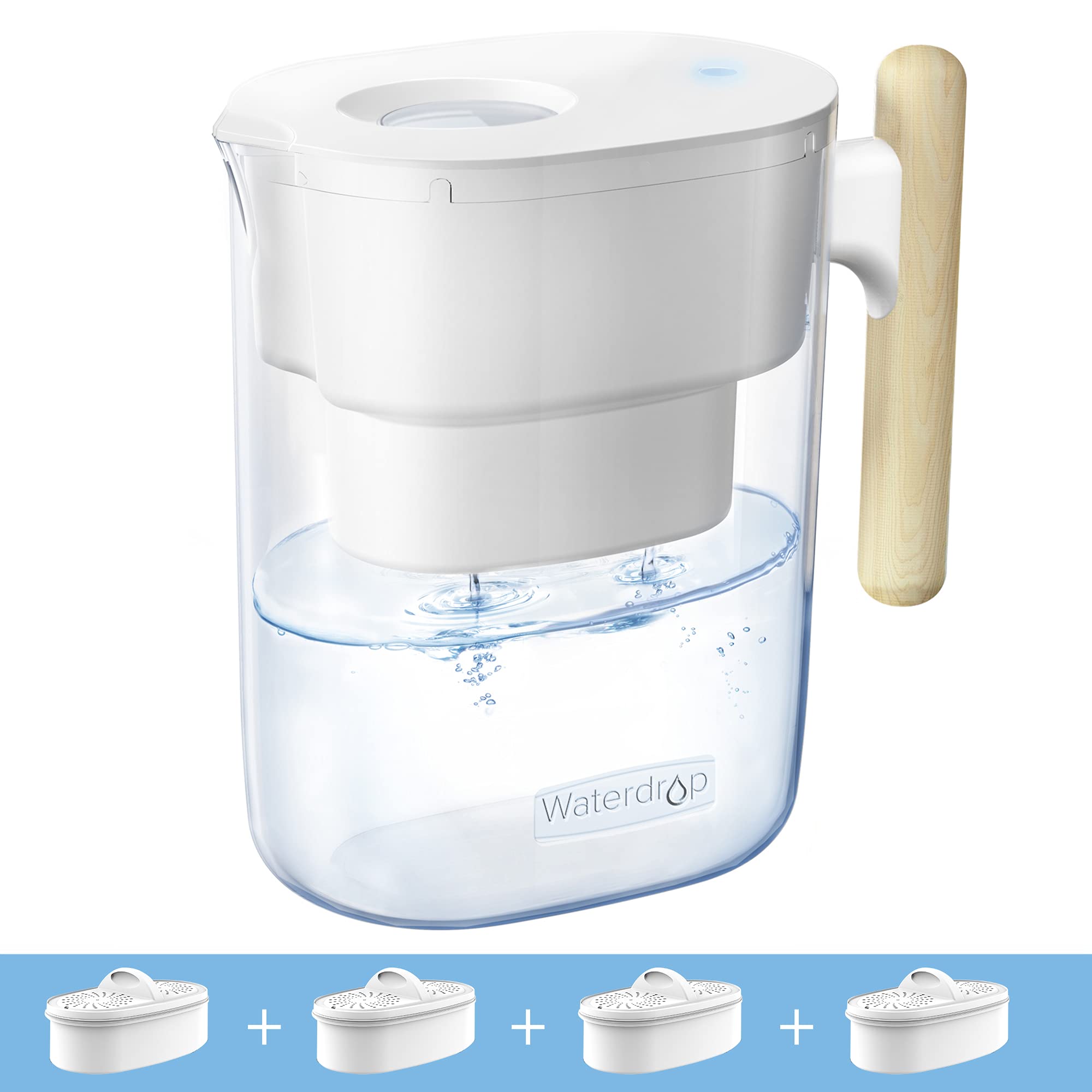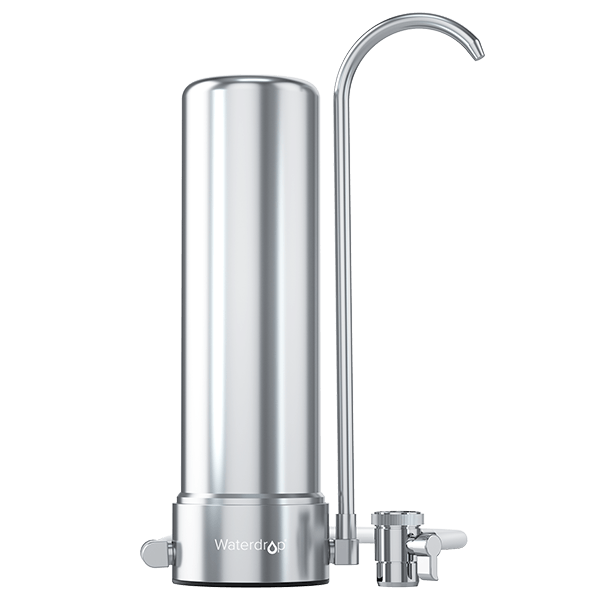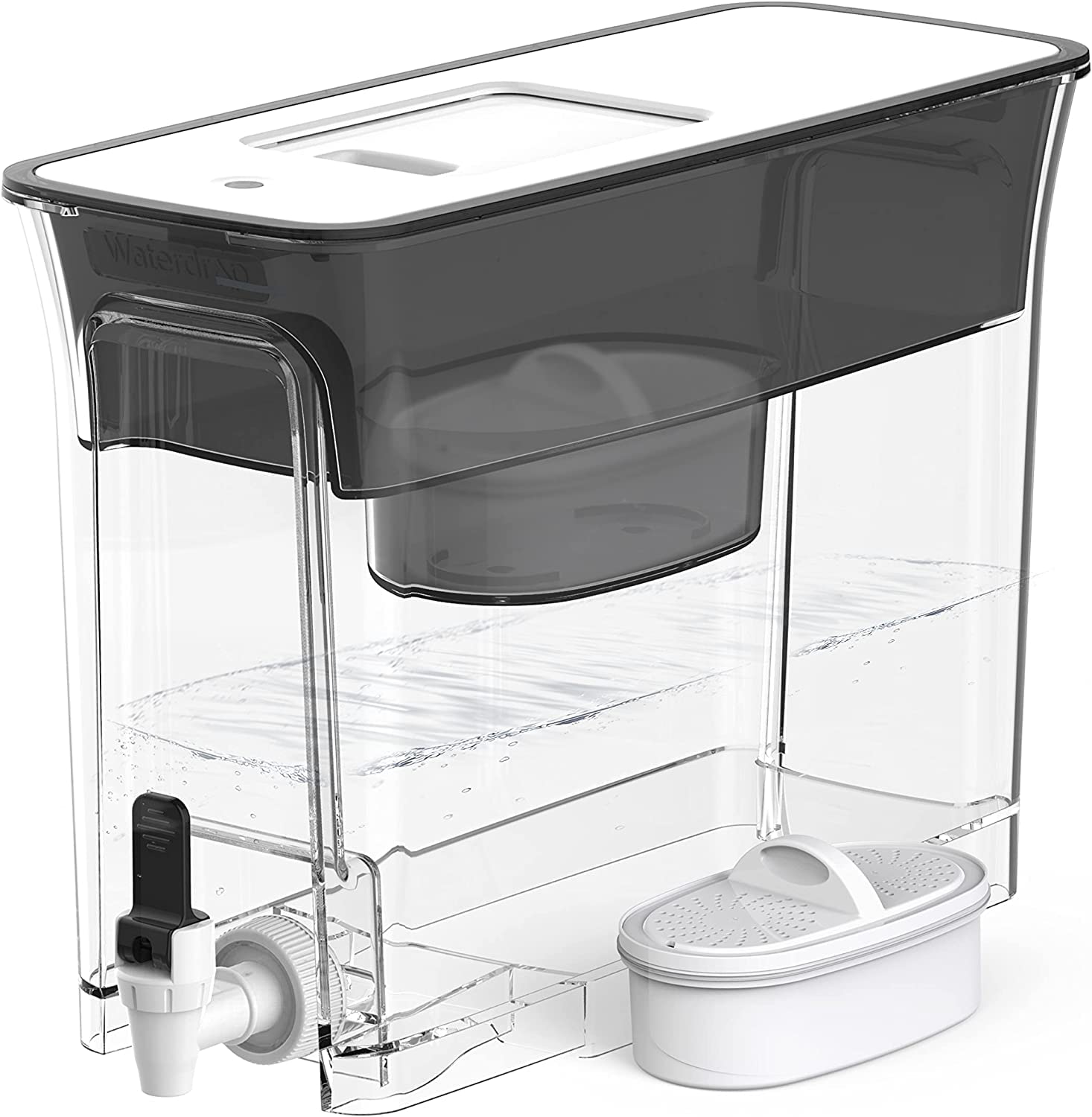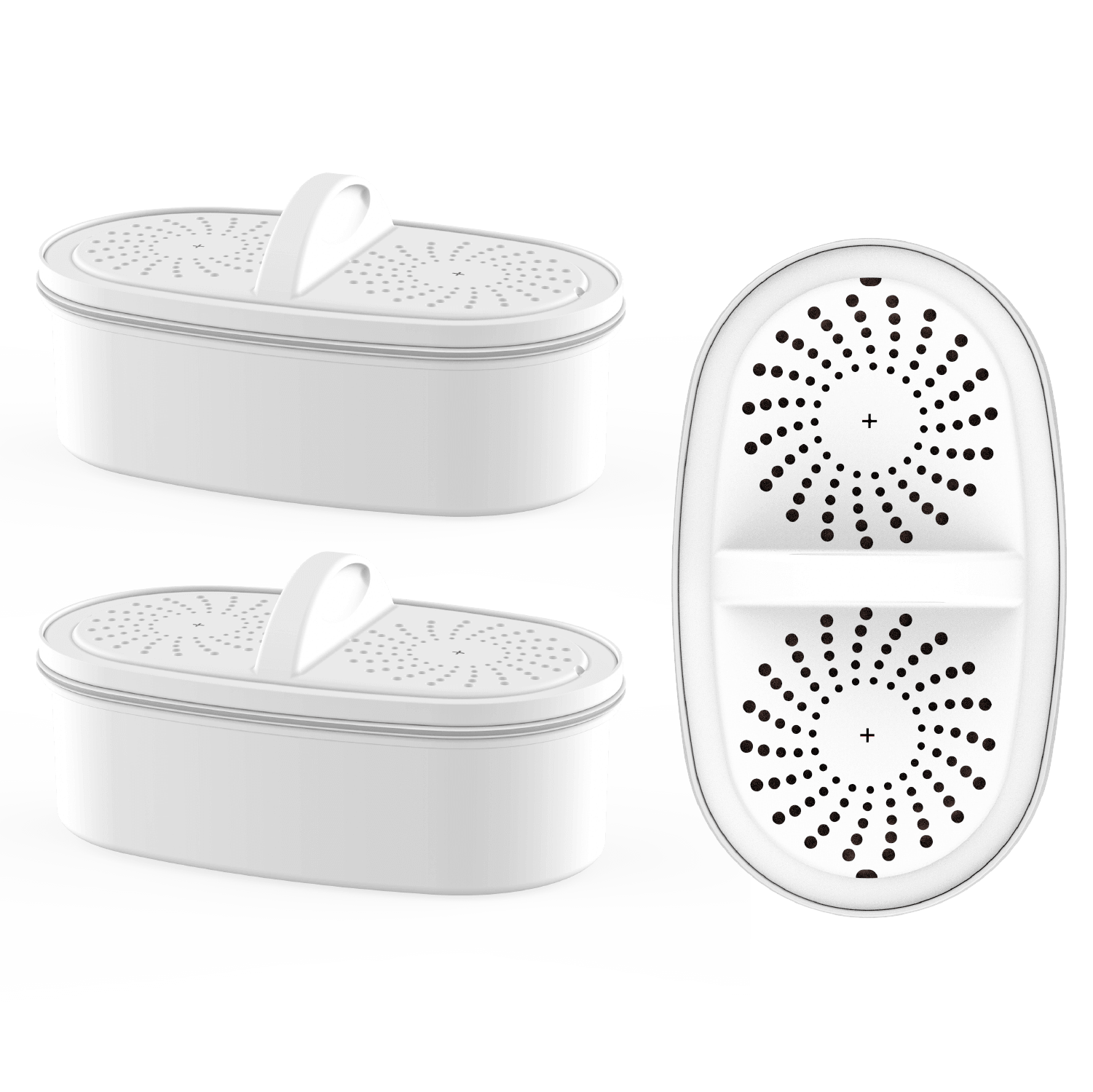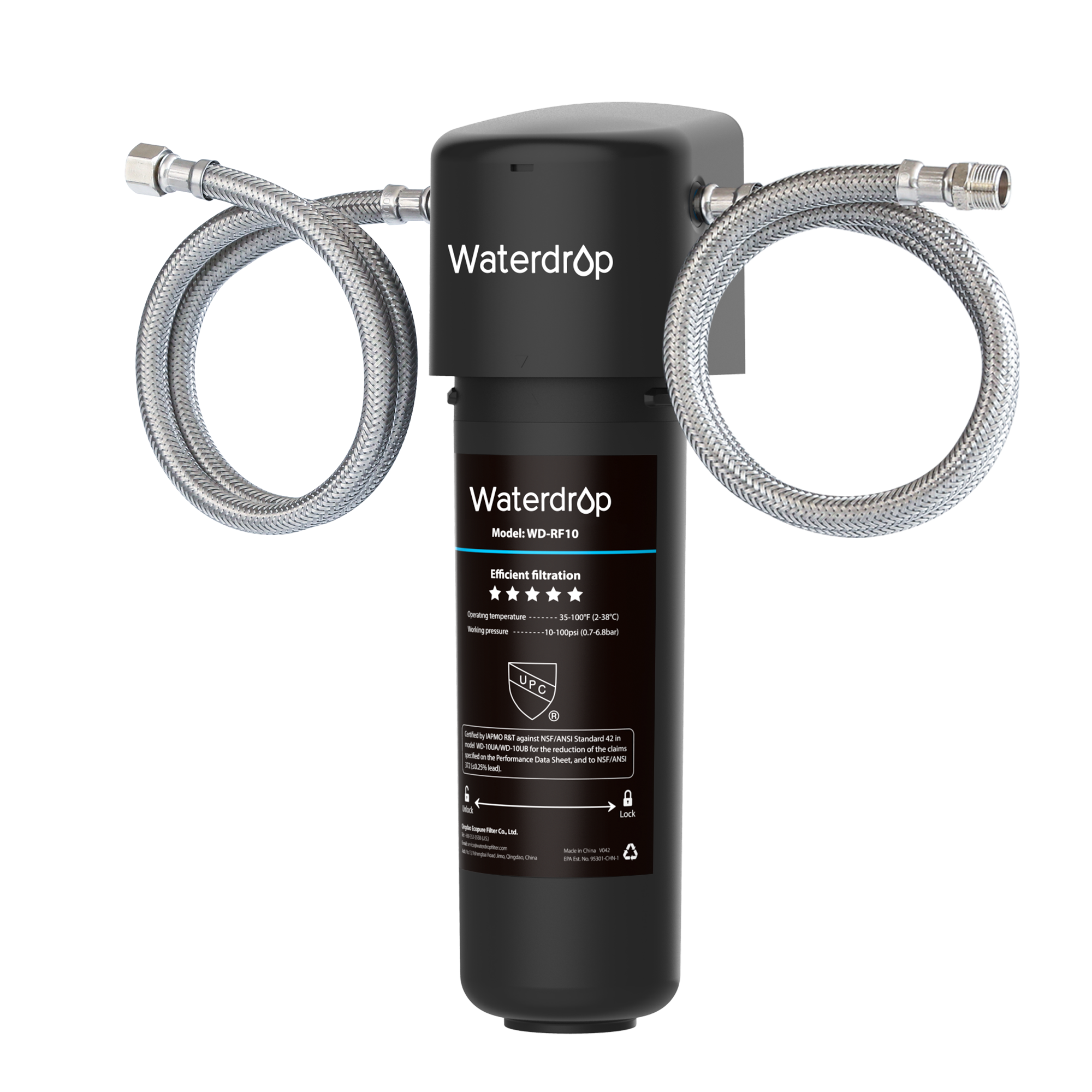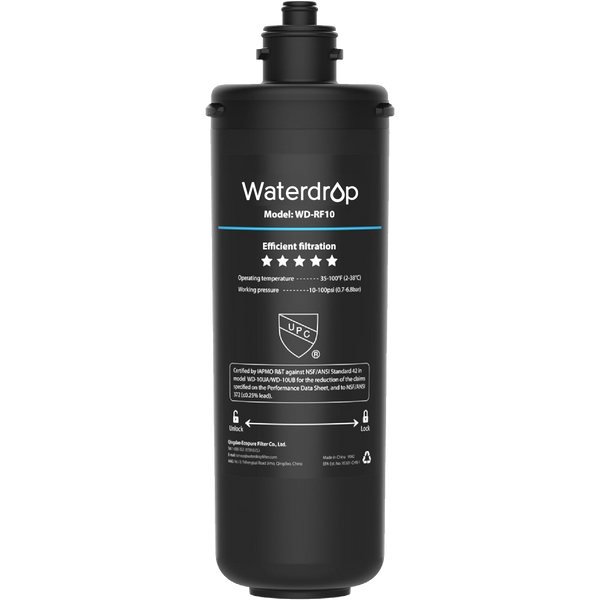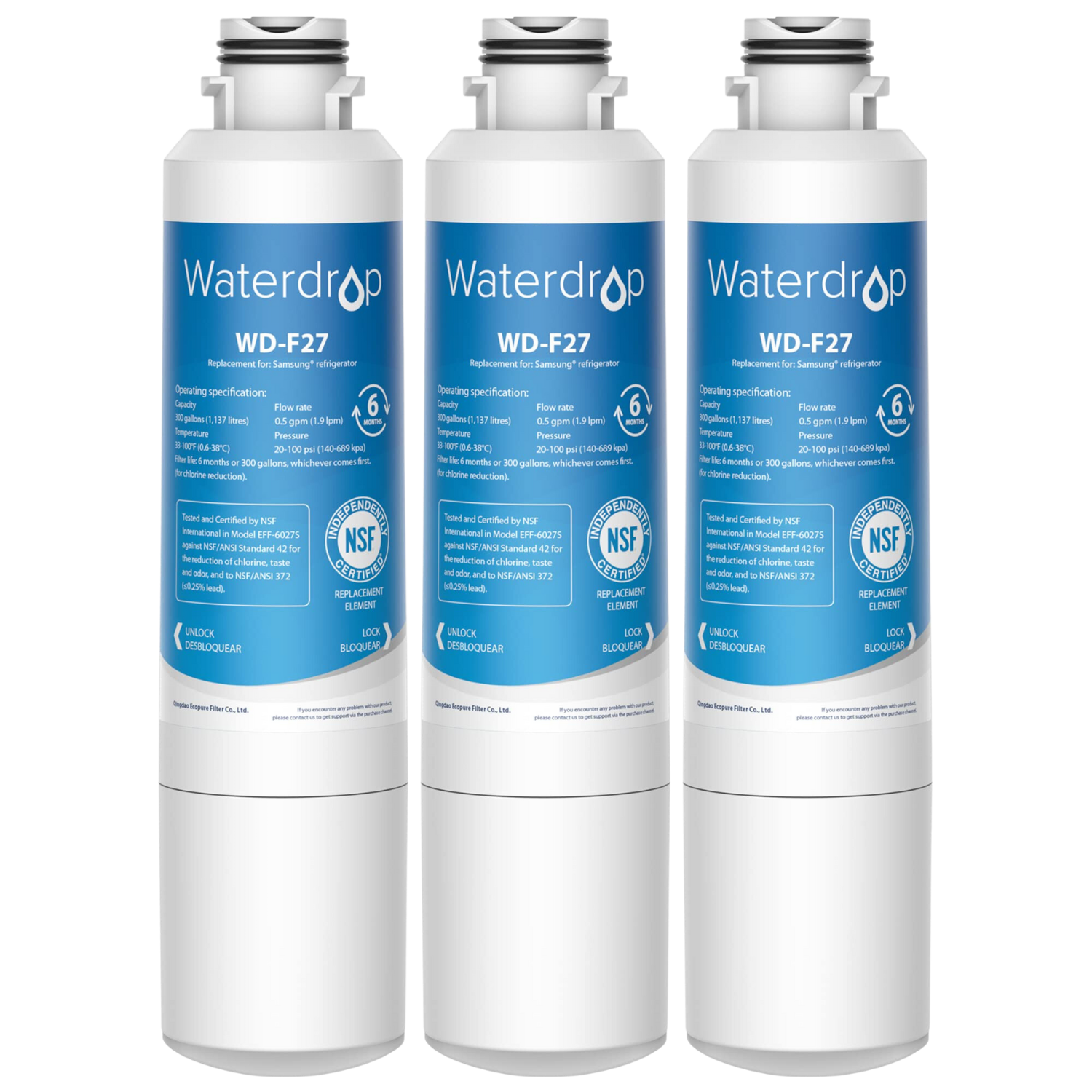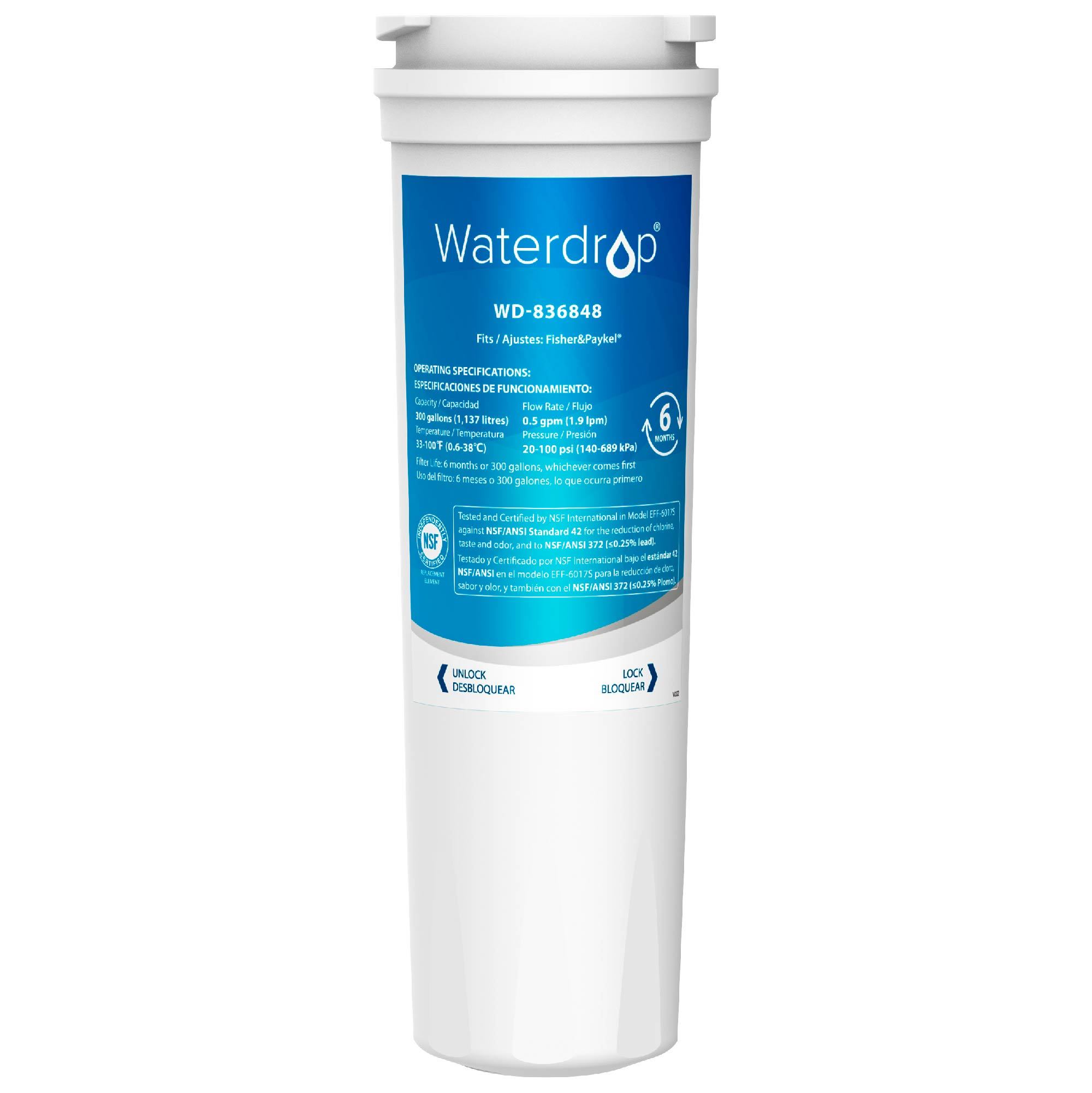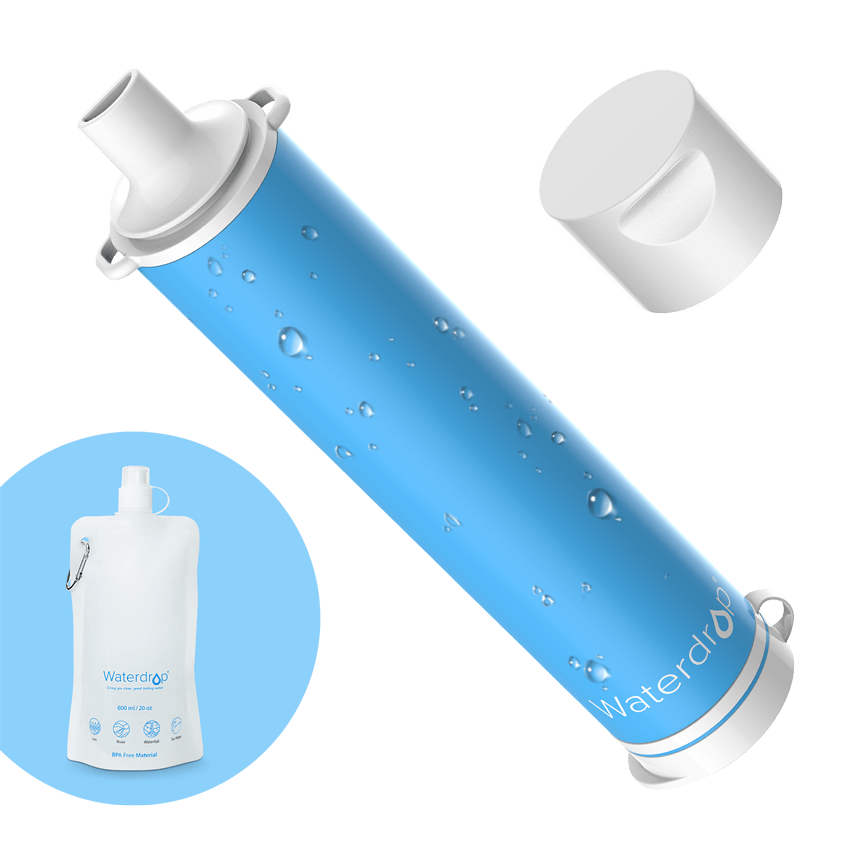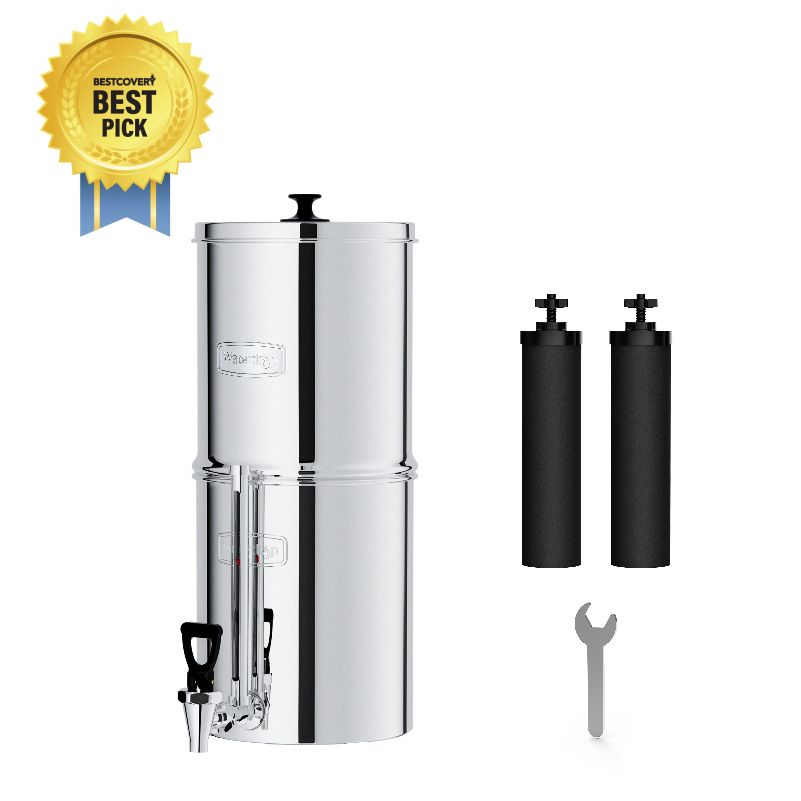Does Water Have Calories?
by Dr. Jonathan Doyle - Updated January 24, 2024
The Make-Up of Water
H2O , One oxygen (O) atom, and two hydrogen (H) atoms make up the chemical signal for water. The simple structure of water molecules gives it its amazing qualities. Even though water is very basic, it is very important to life.
Water is especially important for life because of its unique characteristics. This chemical can dissolve many different types of materials because it is polar. This allows living things to carry out important chemical processes. Furthermore, water can hold a lot of heat, which helps keep things alive and their surroundings at an appropriate temperature.
A basic feature of water molecules is hydrogen bonding, which makes them cling together better and maintains biological structures stable, like cells. Water is a universal solvent and an essential component for life and proper functioning. These special properties show how important water is.

What Are Calories?
A calorie is a unit of measurement, similar to an inch or teaspoon. Calorie release develops when your body breaks down and consumes food. Eating more calories can help your body make more energy. As a result of taking in more calories than it needs, your body stores the extra energy as fat. Although a food might be low in fat, it may still have a lot of calories. Any type of accumulating extra calories may contribute to body fat.
In terms of nutrition, calories are the amount of energy a person takes in from food and drinks and the amount of energy they use up when they move around. Nutrient information on all food packages includes the number of calories. Many diet plans focus on cutting back on calories.

The Significance of Calories
Consuming calories gives your body the energy it needs to work properly. Your body requires this energy to function properly. Consuming food with the same number of calories keeps your weight stable.
Anytime you take food and burn calories at different rates, your weight could fluctuate. One example: You will gain weight if you eat and drink more calories than you burn. Your body is putting the extra energy into fat. Probably lose weight if you eat and drink fewer calories than you burn. This happens when your body uses fat stores for energy.
How Many Calories Are in Water?
There are no fats, calories, proteins, or carbohydrates in water. Staying hydrated with water is incredible, and it can contain minerals like calcium, fluoride, iron, potassium , or sodium, depending upon where it comes from and whether it has been filtered or distilled. Electrolytes or vitamins are added to some flavored or enhanced water products.

Calories Can Be Found in Some Types of Water
Even so, there are many types of water on the market today that are high in calories. If plain water is bland for you, try flavored or carbonated drinks. A lot of them have very few to a few hundred calories in water, but some have none at all. These are some examples of these drinks;
Carbonated Water
CO2 and carbonic acid are dissolved in water, subsequently giving it other names like soda water or energy drinks. Minerals or organic flavorings can be mixed with filtered water to make bubbly water that tastes better or has bubbles. Energy drinks usually don't have any calories, but they do often have counterfeit sweeteners in them.

You can find some interesting facts about calories in sparkling water, check out the article here: https://www.nutritionix.com/food/sparkling-water .
Sports Liquors
Even though sports drinks are meant to keep individuals hydrated while they work out, they can also contain calories from sugars and electrolytes to help the body get back its nutrients and energy. Carbohydrates help restore energy levels , which makes you stronger and last longer. However, it is important to know how many calories are in an item, particularly for people who are on a diet.

Coconut Water Enhanced with Extra Ingredients
It's possible that commercially available products don't contain pure coconut water, which is usually low in calories. Some varieties have extra sugars or tastes, which makes them higher in calories. Caffeine-free coconut water drinks still have electrolytes and health benefits, but people should read the labels carefully to see if they have added calories.

Juice of Fruits
Fruit juice has natural sugars that make it higher in calories, even though it comes from plants and has essential minerals and vitamins. Different types of fruit, how it was made (freshly squeezed vs. commercially produced), and the presence or lack of added sugars or carbohydrates can all affect how many calories are in fruit juice.
Fruit juice contains calories, therefore people should monitor their calorie intake—especially those who are trying to lose weight. They should also be careful about this and consume it in moderation.

The Health Benefits of Water Consumption
Water is essential for our health. It has to be for several biological processes, including cell nourishment, removing waste, organ and joint protection, and body temperature control.
Always choose potable water as your first beverage. Choose it instead of sugary beverages such as juice or soda, because they're heavy in calories and simple sugars.
It Produces Mucus and Saliva
Saliva hydrates the mouth, nose, and eyes and helps digestion. This minimizes wear and tear. Water drinking additionally fosters good oral health. It can also help to reduce dental cavities when used in place of sugary drinks. It supports the spinal cord, brain, and other fragile structures.
Hypoxia can affect both the structure and operation of the brain. It also contributes to the production of neurotransmitters and hormones. Prolonged dehydration can affect reasoning and thinking.

It Is Essential to the Digestive System
Water is necessary for the bowel's healthy function. Dehydration can cause constipation, acid reflux, and other digestive problems. This increases the risk of stomach ulcers and heartburn.
It Manages the Body's Temperature
You must drink enough water to keep your body temperature stable. Sweating is the way your body loses water when you exercise or are in extreme temperatures.
Sweating is a cooling process, but failing to replace the water lost through perspiration will raise your body temperature. This is because dehydration causes the body to lose electrolytes and plasma.
It Aids in Avoiding Constipation
There are alternative solutions for consuming fiber to avoid constipation. Maintaining your water intake is also important for ensuring that your feces contain a suitable amount of water. A diet deficient in fiber, magnesium, and water may increase your chances of constipation.

You Might Drop Some Pounds
Individuals who drink two or three more glasses of water per day appear to consume fewer total calories, as well as less fat, sugar, and salt. This suggests that staying hydrated may aid in weight loss .
Many people consume empty, sugary calories with their meals, so replace them with more water. Water increases your metabolism while also making you feel full by taking up space in your stomach.
Can a Person Consume Too Much Water?
Women who don't drink enough water are more likely to get urinary tract infections (UTIs) and kidney stones. It can also make it hard to think and act easily, stop your salivary glands from working right, and make you thirsty. But did you know that it's possible to drink too much water?
Hyponatremia is a deadly disease that can happen if you drink too much water. The amount of salt in your blood drops too low because of this. This can happen when someone drinks too much before doing something physically demanding, like running a race. If you lessen a baby's formula too much, they may also drink too much water.
It's harder for people with heart failure, liver disease, or chronic kidney disease to get rid of water from their bodies. If you have any of these health problems, you should talk to your doctor about how much water you should drink.
Final Thoughts
Staying hydrated is important for overall health because it helps the body do important things. If you want to lose weight, drinking enough water can help you feel full and replace high-calorie drinks with healthier ones. It is very important to know how the drinks you choose affect the amount of water calories you take in. To live a better and more balanced life, know how much water you need, choose smart drinks, and make water your first choice.
These days, we can't ignore the problem of water quality because it affects our health. If you want to improve the water you drink every day, check out our reverse osmosis water filter series and whole house water filtration system. They have been certified by professionals to provide the best tap water in the US for daily body functions, fat loss, and family drinking needs.


